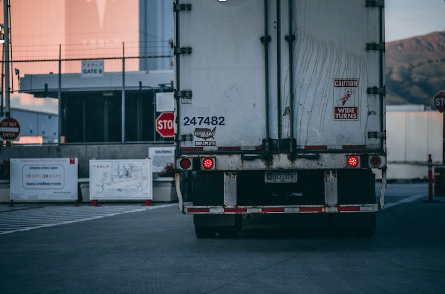Trucking is massive business in the USA, with many different companies involved in various areas of the industry. Trucks transport 70% of the goods we use at home and at work. That is, by any account, a massive market share. The reason for this is that freight by road is more direct than by either air, sea or rail, and is cheaper. A truck can go practically door to door at surprisingly little cost and can carry large and heavy loads. The trucking industry also has many peripheral players – check out www.finditparts.com who are a major parts supplier and keep the thousands of US trucks on the road.
So, given the essential nature of the industry, why is it that many truck companies fail? The reasons can be put down, quite simply, to poor management and attention to detail, especially where costs are concerned. Another reason is competition: there are some 500,000 trucking companies in the USA. Most of these employ 6 or fewer trucks. However, there are 15.5million trucks on the road at any one time. From those figures we can clearly see that there are therefore some trucking companies with many more than 6 trucks in action, and it is these that dominate the market.
Technology and Regulations
The millions of truck drivers who traverse the USA have had to put up with many regulations changes in recent years, and as these have involved the necessary purchase of new equipment – sometimes quote expensive – many smaller companies could not shoulder the cost. Others failed to prepare for the changes or were banking on the government making a U-turn. As many of these regulatory changes were to do with safety, they are in fact necessary, something the major outfits accepted and prepared for.
The truck regulation changes are not the only problem facing smaller operators. Variable costs of fuel and maintenance and the rising cost of trucks themselves have contributed to the situation. By not considering forgotten expenses such as insurance, for example, smaller truck companies have found they have major bills to pay and nothing to pay it with. Then there’s the rising cost of hiring drivers.
Many truck drivers have turned their back on the job as their own costs became unpalatable, leaving a shortfall of drivers to trucks. This has meant that the truck companies have been forced to offer more in pay to drivers, which has led to the cost of running the company becoming higher. It all adds up: fuel, maintenance, taxes, wages, the general day to day running of the business all costs money.
As for technology, many old-school trucking companies may have struggled to adapt to the modern computer and GPS-driven methods of operation, leaving customers unsure of their trustworthiness and choosing to move to more established and trusted service providers. Loss of business means loss of income, but those expenses are still there. The various factors involved in running and affording a trucking company can – if not carefully applied – lead to a business that costs more to run that it brings in.
What’s the Answer?
Anyone looking at starting a trucking company right now should do their research very carefully. It is not a business for the beginner, but for someone who has a good understanding of business accounting, expenses and logistics, and who is adept at planning ahead and optimizing efficiency. The large, established trucking companies will always be the market leaders, so start small and take your time, and cover every possible eventuality before you make the final choice to enter what is a very competitive and hard to break market.

